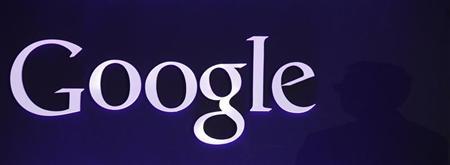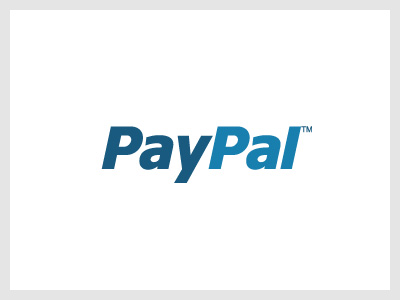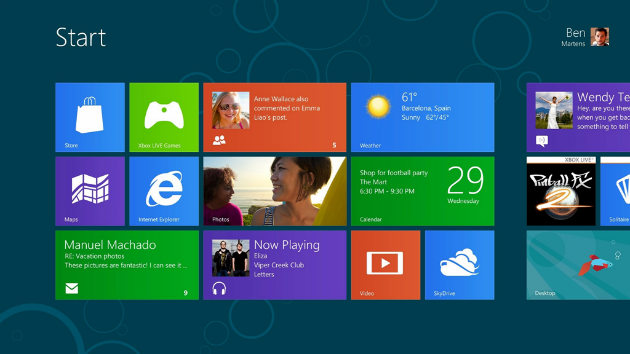 The majority of top decision-makers at the Federal Trade Commission believe that an antitrust case should be brought against Google Inc, meaning the search giant could soon be headed into tough negotiations, three people familiar with the matter said.
The majority of top decision-makers at the Federal Trade Commission believe that an antitrust case should be brought against Google Inc, meaning the search giant could soon be headed into tough negotiations, three people familiar with the matter said.
Four of the FTC commissioners have become convinced after more than a year of investigation that Google illegally used its dominance of the search market to hurt its rivals, while one commissioner is skeptical, the sources said.
All three declined to be named to protect working relationships.
Two of the sources said a decision on how to proceed could come in late November or early December.
A long list of companies has been complaining to the FTC, arguing that the agency should crack down on Google.
Companies rarely talk publicly about their dealings with the FTC, but consumer reviews website Yelp and comparison shopping website Nextag have both complained about Google during open hearings in Congress.
Google rivals specializing in travel, shopping and entertainment have accused Google, the world’s No. 1 search engine, of unfairly giving their web sites low quality rankings in search results to steer Internet users away from their websites and toward Google products that provide similar services.
Computer users are overwhelmingly more likely to click on the top results in any search. The low ranking often forces companies to buy more ads on Google to improve their visibility, one source said.
Google has repeatedly denied any wrongdoing.
Asked about any discussions with the FTC, Google spokeswoman Niki Fenwick said: “We are happy to answer any questions that regulators have about our business.” The FTC declined to comment.
During a congressional hearing in September 2011, Google Executive Chairman Eric Schmidt denied that the company manipulated its search results. “May I simply say that I can assure you we’ve not cooked anything,” he told the Senate Judiciary Committee’s antitrust panel.
COMPLAINTS PILE UP
The one source said the FTC commissioners have given weight to other complaints that Google refuses to share data that would allow advertisers and developers to create software to compare the value they get on Google to advertising spending on Microsoft’s Bing or Yahoo.
In a related issue, the FTC is looking at Google’s handling of valuable patents, which are determined to be essential to smartphones. The agency is trying to determine if they are licensed fairly and whether patent infringement lawsuits are used to hamper innovation.
FTC Chairman Jon Leibowitz said in mid-September that he expected a decision in the case by the end of the year. European regulators are conducting a similar antitrust probe.
If the agency finds that Google broke the law, the FTC and Google could hammer out a settlement that resolves the issues or, if settlement negotiations fail, the matter could end up in a lengthy, expensive court fight.
The FTC announced in April that it had hired high-powered Washington lawyer Beth Wilkinson to lead the probe. The hiring was seen as a sign that the FTC was contemplating filing a lawsuit against Google.
This is not the first run-in that Google has had with the agency.
In August, Google was forced to pay $22.5 million to settle charges it bypassed the privacy settings of customers using Apple Inc’s Safari browser. The practice was in violation of a 2011 consent decree with the FTC over a botched rollout of the now defunct social network Buzz.
Source : Reuters





































